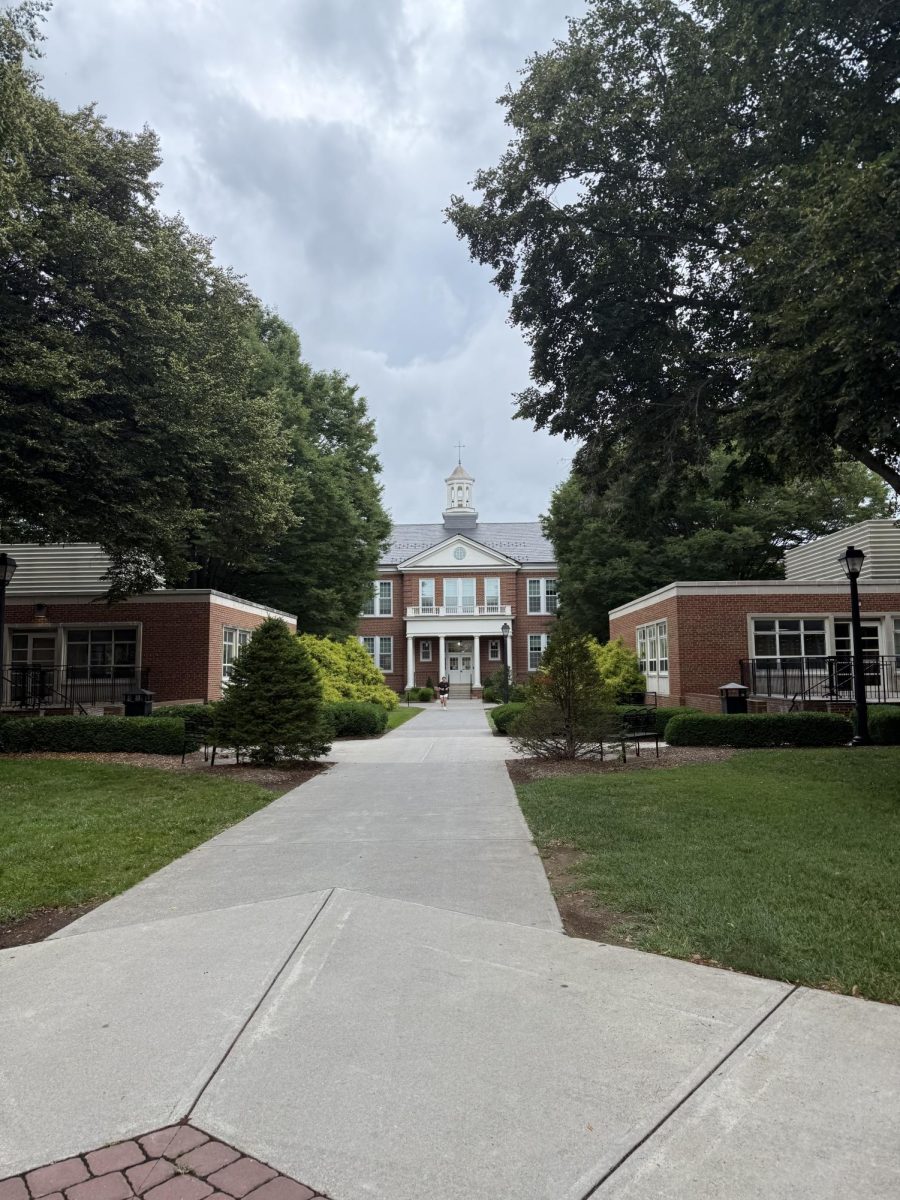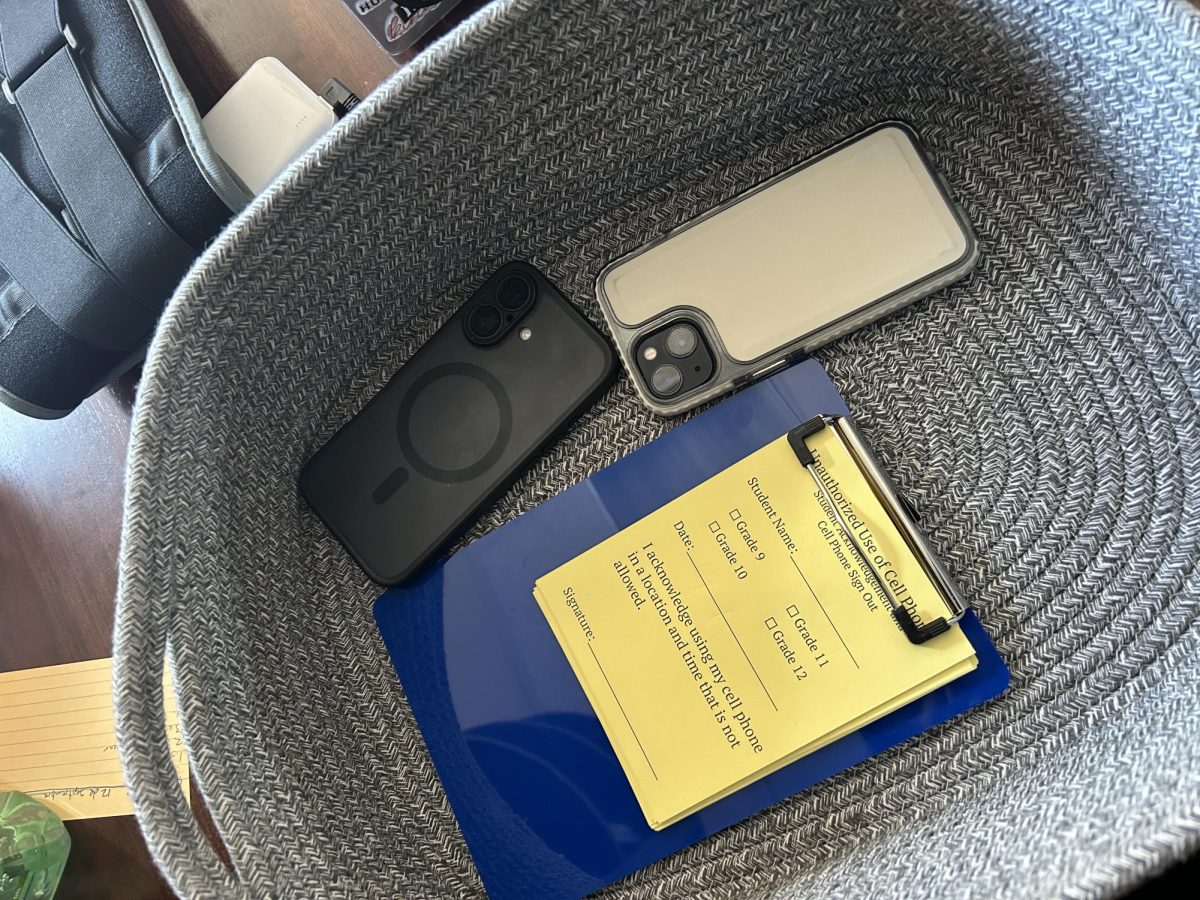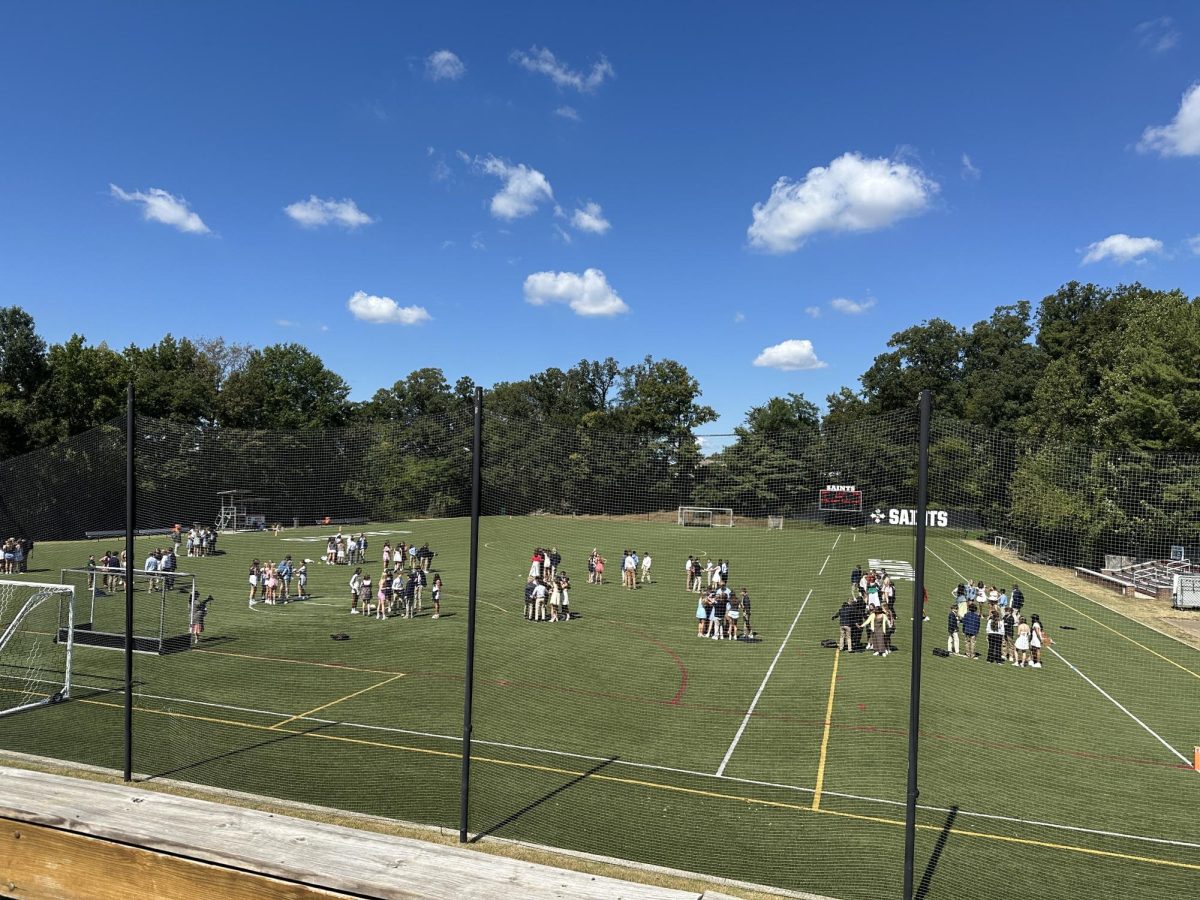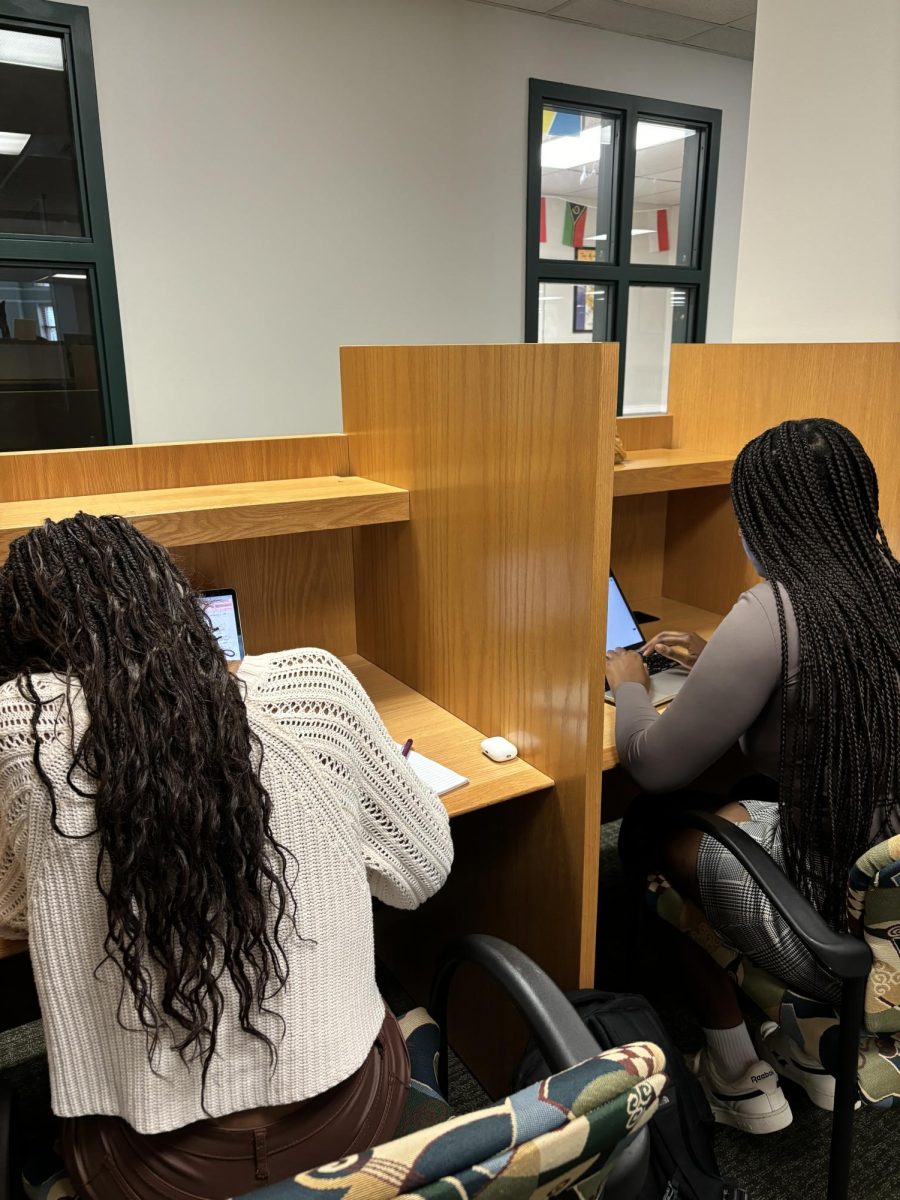Work, work, work, work, work, work! Saints are getting a steady start into the new school year, and teachers are asking for the summer assignments that we students dreaded completing. No matter how much stalling, back talking, and complaining we did to our parents and peers, the summer work was submitted on time eventually…Or was it?
Last spring, I wrote an article about St. Stephens and St. Agnes students and their favorite companion, school work. Specifically, summer school work, and what students thought of the idea of it being assigned to them. Mixed emotions were expressed throughout the piece, some good, some bad, but now that we are back in school, I wanted to see what positive or negative impact summer assignments had on students as a whole.
The Voice sent out a google form to the student body and the responses came flooding in. Out of 104 responses, about 47% of students were assigned summer work in three or more of their classes, and 88% of students completed all their work entirely (5% only did it in some of their classes, and 2% didn’t complete any of it). Although most teachers instruct their students to finish their summer work as soon as possible to avoid build up and stress overtime, 87 responders noted that they completed their work in the month of August.
Compared to my last article, when asked: “Do you think summer work is good for students?” The majority of responses are in favor of work being assigned over the summer. Some students believe that summer assignments are beneficial because it helps them remember material they had learned in the school year (and previous school years), so they aren’t rusty and lack knowledge headed back to school, although students dread the extra work they need to complete instead of having a relaxing summer. Students’ brains are sharp with the knowledge they obtained over the summer break.
An anonymous student answered, “as much as I hate it, yes. It keeps important concepts in mind and can save time with certain work having already been done before the year begins.”
Most students agreed, but wanted a healthy compromise that would hopefully be incorporated into the curriculum; “It’s good that it keeps your brain active during the summer. There is a line where it becomes too much though, considering summer is meant to be a break from school so you have time to do other things.”
“Yes. As long as it isn’t too much, it’s good to review before the school year starts so you aren’t behind.”
In contrast, one student believes that summer work is taking away the aspect of being a teenager and is adding way too much additional stress into their life that they feel like they’re too young to be having; “I’m okay with giving us reading and maybe some videos to complete, but essays? Packets? We have to become functional adults soon, let us be kids now PLEASE. I shouldn’t be feeling this much stress on a daily basis. It used to get so bad that parts of my body literally shut down because of the stress, not a fun time at all.”
Other students were in agreement:
“I think it causes stress for students and takes away from rest. Moreover, even in class it’s hard to get productive work done regarding summer work in class. People finish their summer work at different times and we can’t discuss it over break, so talking doesn’t make for productive conversation.”
“In some ways yes, but also students especially as they get older have jobs they are working or camps they are doing, and also have to be working on college essays over the summer, and are trying to have fun. It can be very overwhelming and oftentimes just feel like busy work.”
From the following data and responses, some students may just not have time to complete hours and hours of summer work their teacher provides them. From working summer jobs, to going on vacations with family, to competing in sports tournaments and games over the summer, students are extremely busy and with the additional school assignments, it can be very draining and difficult to complete.
“Summers should still be able to be summers and not totally filled with getting homework done.”
























